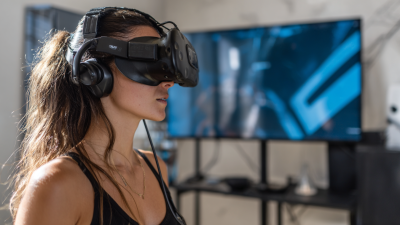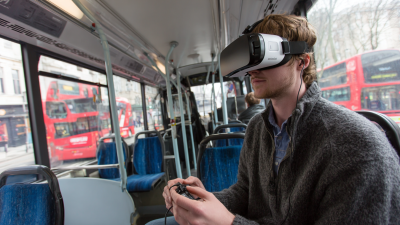As we move further into 2023, Virtual Reality Technology is rapidly reshaping digital experiences across various industries, driving innovation and engagement like never before. According to a report from the International Data Corporation (IDC), the global VR market is projected to grow from $1.8 billion in 2021 to an estimated $12.1 billion by 2024, illustrating a promising trajectory fueled by advancements in hardware and software. This transformative technology not only enhances user immersion but also offers unprecedented opportunities for businesses to connect with their audiences. With applications spanning from immersive gaming and virtual events to training simulations and therapeutic environments, the ways in which Virtual Reality Technology is revolutionizing our interactions with digital content are profound.
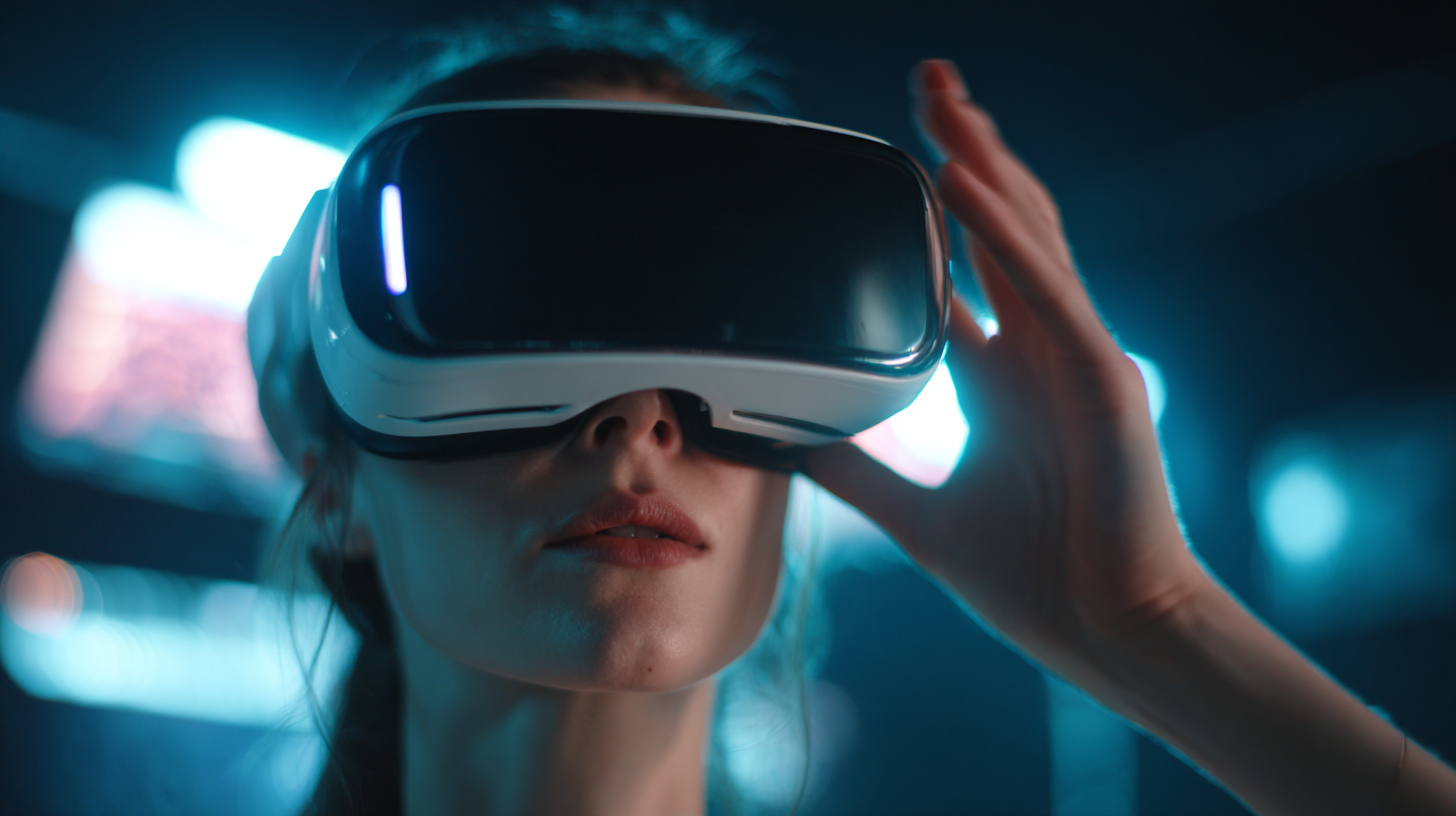
In this blog, we will explore five groundbreaking methods in which VR is redefining user experiences and setting new standards for engagement in the digital landscape.
The emergence of immersive learning environments through virtual reality (VR) technology is revolutionizing education in 2023. By providing students with highly engaging and interactive experiences, VR transforms traditional learning into a dynamic process. Imagine students walking through ancient civilizations or exploring the intricacies of human anatomy without leaving their classroom. This level of immersion fosters deeper understanding and retention of information, making lessons not just informative but also incredibly memorable.
Moreover, VR in education breaks down geographical and socio-economic barriers, offering access to high-quality learning experiences regardless of a student's location. Schools in underserved areas can utilize VR to expose students to a broader range of subjects and experiences that may not be available locally. Additionally, VR facilitates collaborative learning environments, where students from different parts of the world can come together in a virtual space to work on projects, participate in discussions, and share diverse perspectives. This not only enhances their educational experience but also prepares them for a globalized world where digital teamwork is increasingly essential.
In 2023, the advent of virtual reality (VR) technology has significantly transformed online interactions, paving the way for immersive social experiences that were previously unimaginable. According to a recent report by PwC, over 75% of respondents expressed a desire for more engaging virtual social spaces, highlighting a growing trend among consumers seeking deeper connections online. This shift is reflected in platforms like Meta’s Horizon Worlds, which boasts a rise in user-generated content and interactive events, driving user engagement up by 50% since last year.
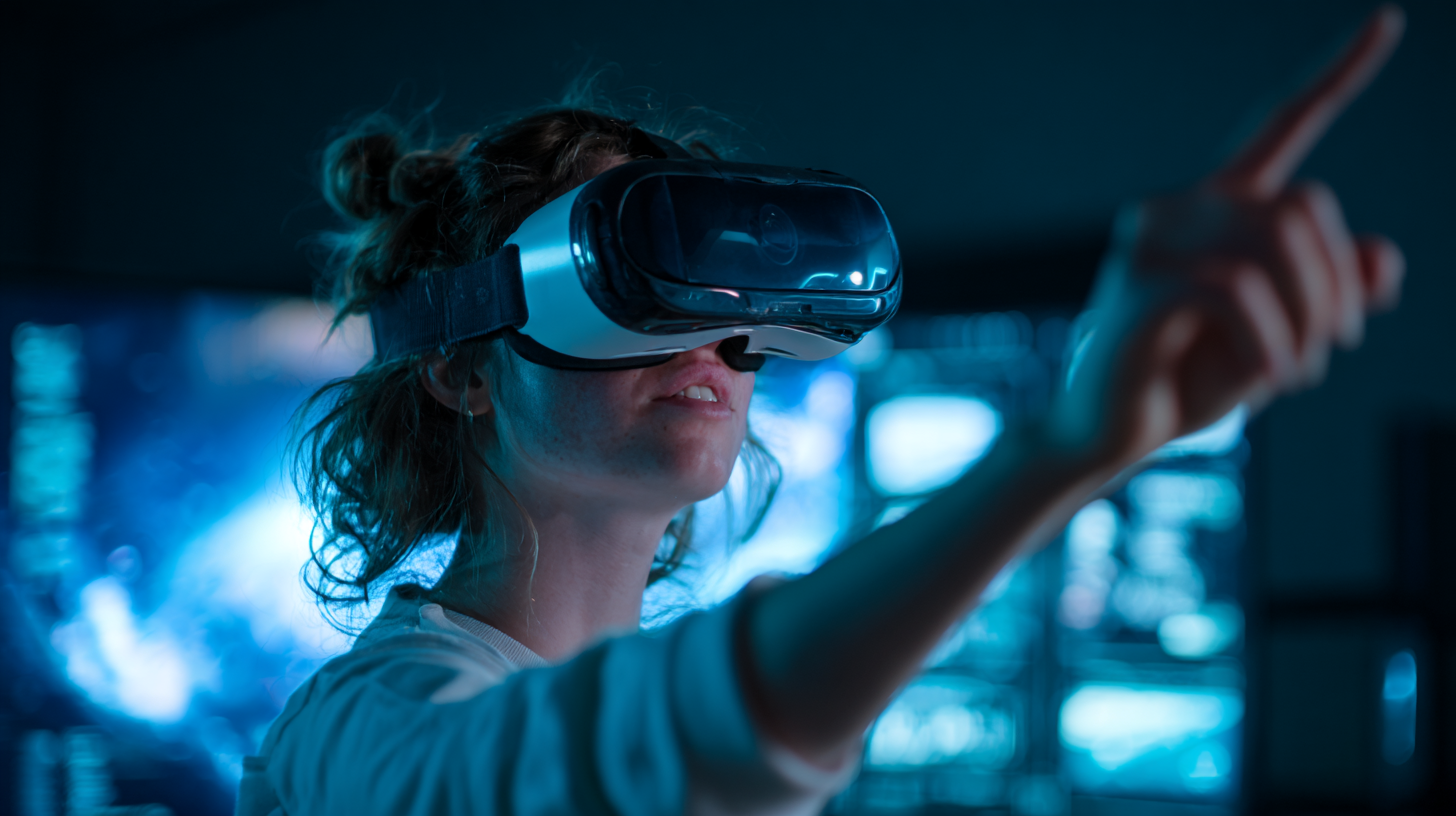
As organizations increasingly utilize VR for social interactions, one key statistic from Statista reveals that the global VR market is projected to reach $12 billion by 2024, with a significant portion attributed to social networking applications. This surge in investment is empowering developers to create rich, interactive environments where users can gather, collaborate, and socialize, effectively bridging the gap between physical and digital interactions. The immersive nature of these virtual spaces not only enhances user engagement but also fosters a sense of community, reflecting an essential evolution in how we connect and communicate in the digital landscape.
The evolution of virtual tourism has reached new heights in 2023, allowing travelers to explore some of the world's most breathtaking landscapes and cultural landmarks without ever leaving their homes. With advancements in virtual reality (VR) technology, users can now step into a lifelike simulation of destinations, experiencing everything from the bustling streets of Tokyo to the serene beaches of Bali. This immersive experience is enhanced with 360-degree views, realistic soundscapes, and interactive elements that provide a deeper connection to the environments being explored.
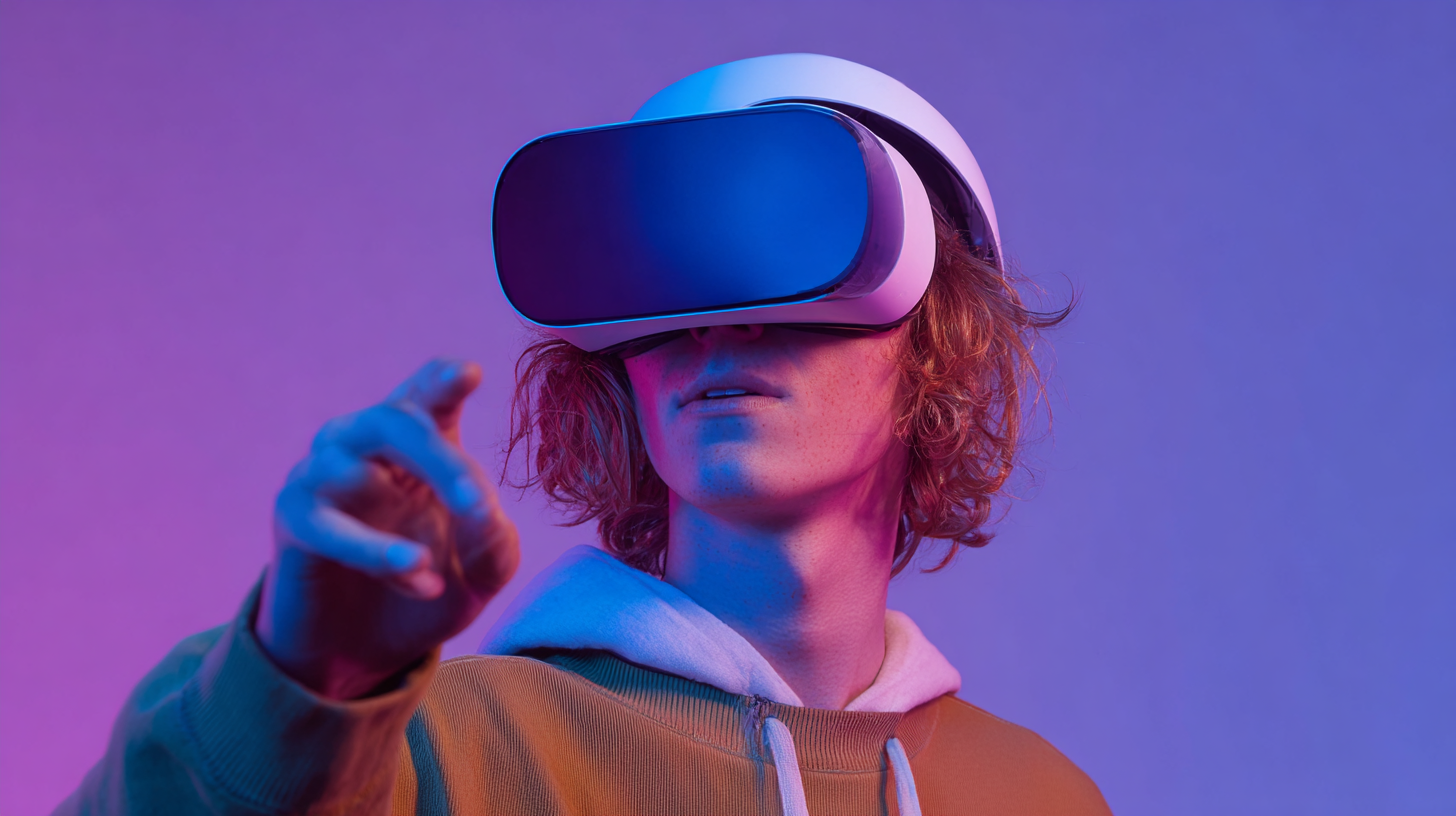
Virtual tourism offers an innovative solution for those who may be unable to travel due to financial constraints, health issues, or global events. Today’s VR platforms are designed to cater to diverse audiences, offering guided tours led by local experts, educational experiences, and even the opportunity to interact with digital avatars representing locals. By harnessing the power of virtual reality, travelers can satisfy their wanderlust from the comfort of their couches, providing a truly transformative experience that engages and inspires.
As technology continues to advance, the possibilities for virtual exploration are limitless, promising a future where anyone can embark on global adventures anytime, anywhere.
In 2023, the fusion of artificial intelligence and virtual reality has created a groundbreaking shift in how we approach fitness. AI-driven virtual reality workouts are not just changing the way we exercise; they are transforming the entire fitness experience. By integrating personalized AI coaching within immersive VR environments, users can now enjoy tailored workouts that adapt in real-time to their progress and preferences. Whether it's a high-intensity interval training session on a futuristic virtual battlefield or a calming yoga class on a serene beach, these experiences are designed to engage users like never before.
Moreover, the social aspect of fitness is being redefined through virtual reality. With AI technology facilitating group workouts in a shared virtual space, individuals can now connect with friends or join communities from around the globe. This innovative approach not only fosters motivation but also cultivates a sense of belonging among users, making fitness more enjoyable and less isolating. As we continue to embrace these advancements, the possibilities for enhancing our health and well-being through AI-driven VR workouts are truly limitless, offering an exhilarating alternative to traditional exercise routines.
| Dimension | Description | Impact Level | User Engagement |
|---|---|---|---|
| Immersive Training | Utilizing VR for hands-on training in various fields. | High | 85% |
| AI Integration | Smart algorithms that adapt workouts based on user performance. | Medium | 75% |
| Social Connectivity | Connecting users with friends in virtual fitness environments. | Medium | 70% |
| Real-Time Feedback | Immediate performance tracking and suggestions during workouts. | High | 80% |
| Enhanced Motivation | Gamification of workouts to increase user retention. | High | 90% |
As we dive into 2023, virtual reality (VR) technology is reshaping the e-commerce landscape through immersive experiences that engage customers like never before. Businesses are now deploying virtual showrooms that allow shoppers to interact with products in a simulated environment, leading to increased engagement and higher conversion rates. According to a recent survey by Accenture, 61% of consumers prefer shopping with AR and VR technologies, while businesses that have integrated VR into their shopping experience have seen an average increase of 30% in sales.
Creating an interactive retail experience is not just about showcasing products; it's about transforming customer satisfaction. For instance, brands like IKEA have launched VR applications that enable customers to visualize their furniture in their own space before making a purchase. This technological leap reduces the uncertainty associated with online shopping, which is often a significant barrier. Retailers should consider investing in 3D modeling and VR capabilities to stay ahead in a competitive market.
Tips for implementing VR in your e-commerce strategy include consulting with VR specialists to design engaging and user-friendly interfaces. Additionally, prioritize mobile compatibility, as Statista reports that over 80% of e-commerce is now conducted on mobile devices. Lastly, gather feedback consistently from your customers to refine the VR experience and ensure it meets their needs and preferences. Embracing these approaches can set your brand apart in the emerging VR landscape.


